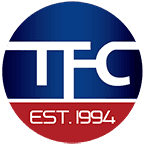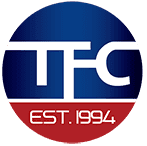Auto title loans offer borrowers a way to access quick cash by using their vehicle’s title as collateral. It is crucial to understand how these loans can affect your car insurance coverage and premiums.
Insurance and title loans are not always required by some lenders, it will depend on the lender, and the loan amount.
Most auto title loan providers require borrowers to have comprehensive and collision insurance coverage on their vehicles. This ensures that the vehicle, used as collateral, is protected against loss or damage.
Before approving the loan, the lender may request proof of insurance. By taking out an auto title loan, the lender becomes the lien holder on your car until the loan is fully paid off.
They may need to be added as an additional insured or loss payee on your insurance policy.
This allows the lender to receive payment directly from the insurance provider in the event of an accident or loss.
Insurance and Title Loans
Reviewing your insurance policy is critical to ensure compliance with the lender’s specifications for an auto title loan.
Failure to maintain the necessary insurance or adjust your deductibles as required could violate the loan agreement terms.
While auto title loans themselves do not directly impact insurance premiums, modifications to your insurance policy or coverage scope may indirectly affect premiums.
Adding the lender as an additional insured or altering coverage may result in premium changes. Consulting with your insurance company can provide insight into potential premium effects.

Vehicle Modifications and Loan Compliance
Some auto title loan providers may prohibit borrowers from making modifications to the vehicle while the loan is active.
This is to safeguard the collateral’s value and marketability. Failure to inform your insurer or lender about modifications could lead to coverage issues or even trigger loan repayment.
Insufficient insurance coverage with an auto title loan can have serious consequences. If your car is totaled or damaged and your insurance does not cover the full cost, you may still be liable for repaying the loan in full, leading to financial difficulties and potential loss of the vehicle.
Ensuring Compliance and Financial Security
To avoid negative repercussions related to insufficient insurance coverage, maintain communication with both your insurance company and auto title loan lender.
Notify them of any vehicle modifications, changes to your insurance policy, or accidents that could impact the loan or insurance claim process.
Understanding the insurance requirements set by the lender and maintaining adequate insurance coverage are crucial steps to safeguarding your financial security and the lender’s interest in the vehicle.
At TFC Title Loans, we are dedicated to assisting you in getting the best auto title loan with flexible repayment plans tailored to your needs.


